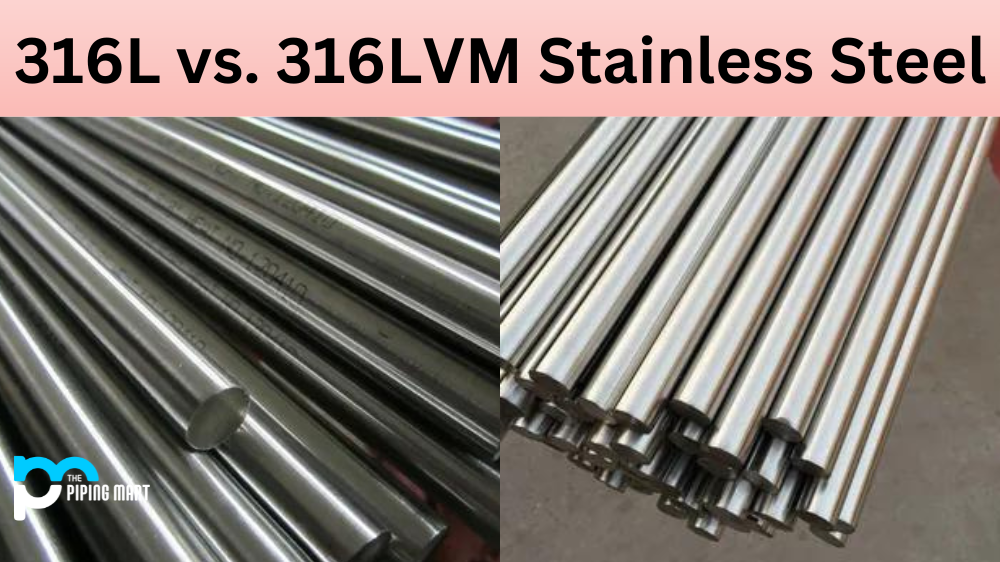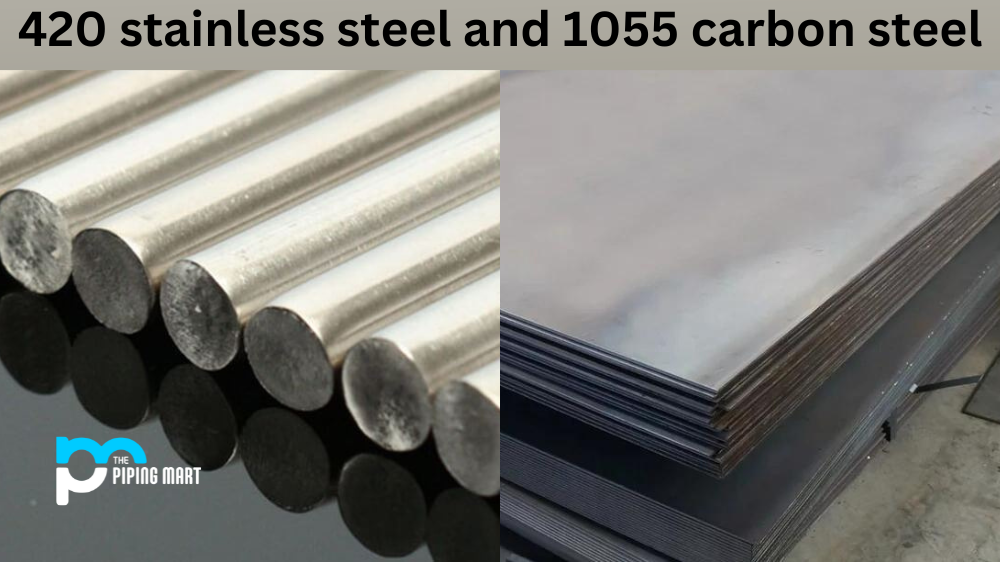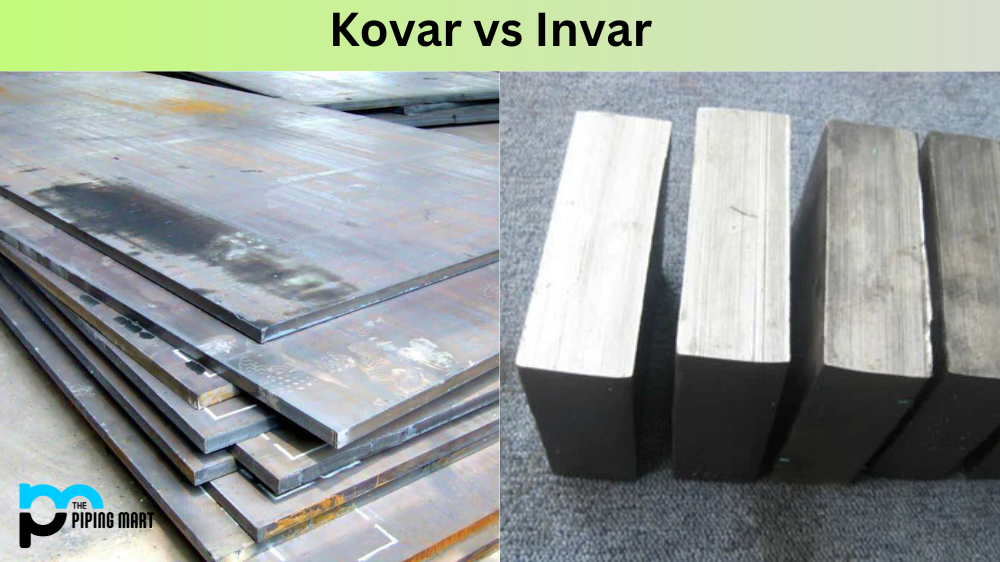Are you looking to buy high-quality stainless steel jewellery? If so, you may have come across the terms “316L” and “316LVM” when shopping for pieces. While both types of stainless steel are very popular, it is important to understand their differences before making a purchase decision. Keep reading to learn more about what sets these two types of stainless steel apart.
What is 316L Stainless Steel?
316L is a chromium-nickel stainless steel known for its resistance to corrosion and staining. It is often used in medical tools and instruments because it does not react with human body fluids. In addition, 316L can withstand higher temperatures than other types of stainless steel and will not easily lose its shape or form over time. This makes it an ideal choice for jewellery exposed to extreme temperatures or wear and tear, such as rings worn while doing manual labour outdoors or necklaces worn near hot styling tools.
What is 316LVM Stainless Steel?
Like 316L, 316LVM (or “low carbon vacuum melted”) is also a type of chromium-nickel stainless steel that offers excellent corrosion resistance and strength. However, it has been treated in a special way that increases its purity levels significantly—up to 99%. This means that the metal contains fewer impurities like sulfur and phosphorus than regular 316L, which makes it even more resistant to corrosion, tarnish, discolouration, and other forms of damage. Furthermore, it can be hardened more easily than regular 316L through cold working processes like drawing or swaging. That makes it an ideal choice for those looking for durable pieces that can withstand rigorous wear and tear without losing their original luster or shape over time.
Difference Between 316L and 316LVM Stainless Steel
Composition
316L and 316LVM stainless steel both contain less than 0.03% carbon levels. This gives the steel excellent weldability properties. The main difference between the two steels is that 316LVM also contains molybdenum, while 316L does not. Molybdenum is a transition metal that increases the steel’s resistance to pitting and corrosion.
Manufacturing
316LVM stainless steel is typically produced via PVD (physical vapour deposition), while 316L is usually produced via AOD (argon-oxygen decarburization). PVD is a process in which the steel is heated to a high temperature and then rapidly cooled. This process allows for a more uniform distribution of molybdenum throughout the steel. AOD is a process in which oxygen removes impurities from the steel.
Properties
Both 316L and 316LVM stainless steel have excellent corrosion resistance properties. However, 316LVM has better resistance to pitting and crevice corrosion due to the addition of molybdenum. Additionally, 316LVM has better formability than 316L as it is less likely to crack during forming operations.
Applications
316LVM stainless steel is typically used in medical implants and jewellery, while 316L is used in food processing equipment and chemical storage tanks. Both steels can be used in marine applications as they are resistant to saltwater corrosion.
Cost
316LVM stainless steel is typically more expensive than 316L due to the addition of molybdenum.
Conclusion:
In conclusion, when choosing between 316L and 316 LVM stainless steel jewellery pieces, think about how much wear and tear the piece will experience daily. If you’re looking for something extra durable that won’t easily bend out of shape or corrode over time—such as rings worn while working outdoors—opt for the higher purity levels offered by LVM stainless steel instead of regular 316L pieces. Knowing the difference between these metals can help ensure you make the right selection for your needs!

A passionate metal industry expert and blogger. With over 5 years of experience in the field, Palak brings a wealth of knowledge and insight to her writing. Whether discussing the latest trends in the metal industry or sharing tips, she is dedicated to helping others succeed in the metal industry.




